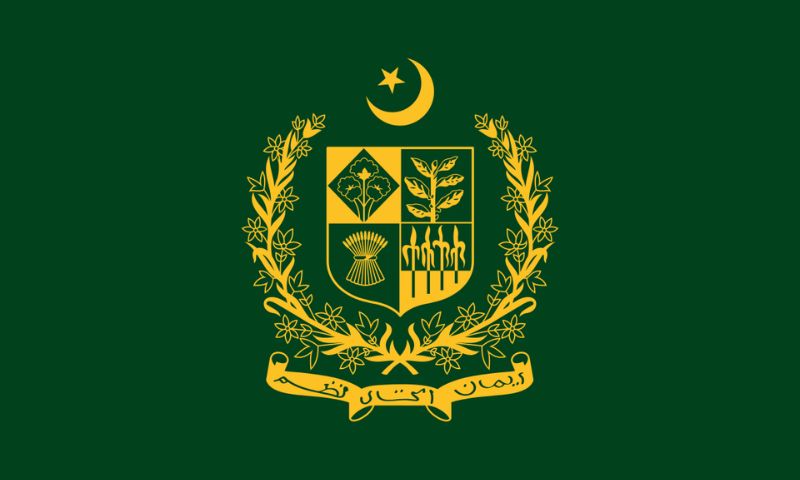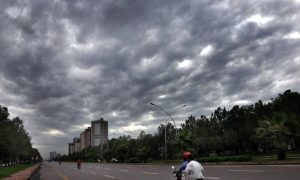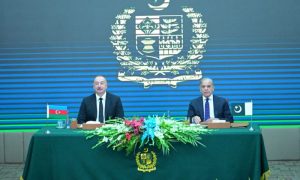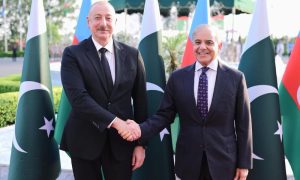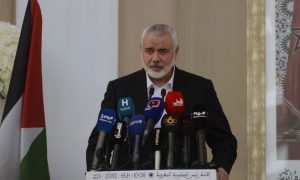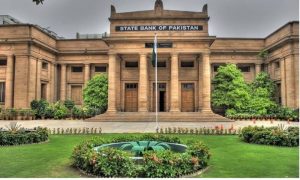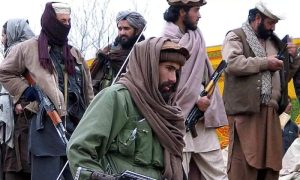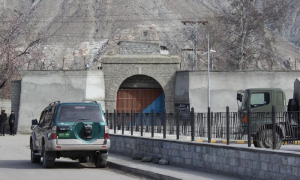ISLAMABAD: As Pakistan braces for the swearing-in of a new cabinet, there’s a palpable sense of anticipation among the populace, coupled with a myriad of expectations for the incoming government. With the country grappling with economic challenges and infrastructural deficiencies, the new leadership faces a daunting task ahead.
Economists have long sounded the alarm about Pakistan’s economic woes, citing years of crisis and sluggish growth. While some argue that certain measures taken by the previous coalition government have shown signs of improvement, such as putting the economy on track, the overarching hope lies in the ability of the incoming government to address these issues, particularly in the realm of political stability.
Foremost among the challenges is the rampant inflation plaguing the country, with rates soaring to unprecedented levels, surpassing those of other South Asian nations. Coupled with high interest rates, unemployment, and burdensome taxes, particularly on utility bills, the economic hardships faced by the people are immense. Traders’ unionists emphasize the urgent need for clean drinking water, sewage solutions, and basic amenities, which have long been neglected.
Political promises add another layer of expectation. However, achieving economic recovery hinges on combating corruption as it drain public resources.
Reducing dependence on foreign loans and tackling the looming default risk, signals a formidable challenge for the incoming government.
Local issues, such as infrastructure development, also demand attention. Residents in Pakistan have simple demands and that is clean drinking water, health and education while all other needs come after. The promises made by governments have remained mostly in words and nothing much getting materialized.
The recent elections have seen a notable increase in women’s representation in the National Assembly, with 11 women securing seats, compared to eight in 2018. While this marks progress, there is still need for greater inclusion and empowerment of women in mainstream politics, especially those in underdeveloped regions.
The importance of prioritizing education, particularly for girls, is a key agenda for the incoming government.
As Pakistan stands at a critical juncture, the expectations are high, and the challenges formidable. The incoming government’s ability to navigate these complexities will shape the trajectory of the nation’s future.









